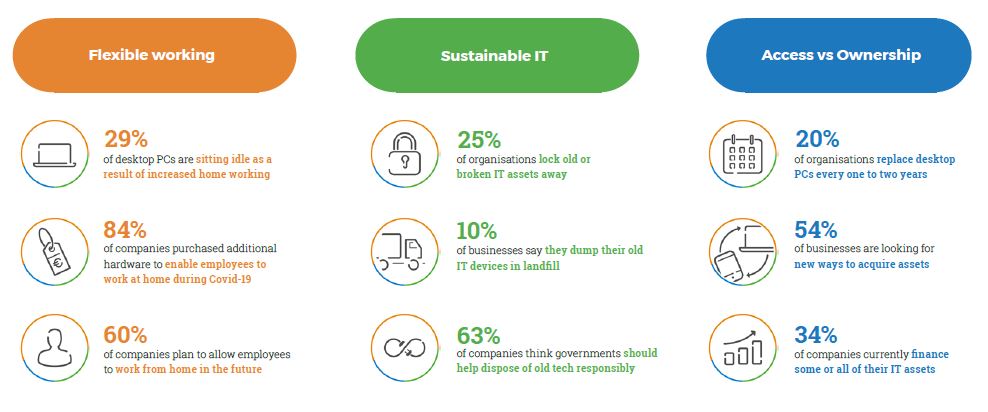Legal Support Network surveyed legal firms and they couldn’t have been clearer.
When it comes to impact on a firm’s efficiency and competitiveness machine learning, AI and mobility and agility wiped the floor with other areas.
If we focus on mobility and agility, let’s consider the following areas:
- How mobile/agile are firms today?
- Why is a mobile and agile workforce important for legal firms?
- What benefits will a mobile and agile workforce gain?
- What challenges will a mobile and agile workforce present?
When Microsoft and Legal Week surveyed legal professionals, the results spoke volumes:
- 64% said it was difficult to work to the same standard remotely, due to the lack of portable devices
- Only 20% said their firm equipped them with the right technology to work seamlessly remotely
- 86% said they still use a pen and paper to complete work
These two pieces of research are fascinating. On the one hand legal firms have clearly identified mobile/agile working as a core focus. While on the other hand, professionals say that their ability to be mobile and agile is being hindered.
There is also a deeply entrenched working culture of pen and paper, which prevents firms from embracing technology. This will simply have to change as competition from more agile, tech-savvy competitors stiffens.
New players are well equipped to meet changing expectations of clients, who want a rapid, responsive service, and to see firms use technology in innovative ways. Legal IT Consultant – Neil Cameron said in Legal Week ‘‘It’s one of the most important factors that clients think about when they’re picking a law firm: how does this law firm collaborate with us? How are they using technology?’’
It’s not only the improvement in services to clients that mobile and agile working delivers. Firms who equip their employees with the technology they need to work remotely, will find they are better positioned to attract and retain employees. This point is particularly pertinent as legal firms try to recruit millennials. Cameron says “These employees are wondering why it isn’t as good to use the technology in the office as it is at home.” And these young employees will expect and demand to work in fluid environments, where they can be flexible and mobile. Firms who can provide that fluid environment, will meet those expectations; be seen as a more attractive employer; find it easier to retain staff; and probably improve the service they offer their clients too.
However, as with all change, a mobile and agile workforce presents challenges:
- Data security – a worrying trend of Bring Your Own Device in the legal sector means a loss of control for firms. How do you control what’s on those devices, especially with new data protection regulations around the corner? How do you protect those devices? And do employees want IT tampering with their personal devices?
- Performance and reliability – as mobile working becomes the new norm, how do firms ensure the devices are performing at the optimum level? Those devices need to be reliable, otherwise they hinder rather than help the mobility initiative.
- Cost management – a proliferation of devices, has inevitable cost implications. How should firms manage growing IT costs? How can they ensure predictable IT costs in the future?
Firms who adopt a life cycle approach to IT, can more easily manage the challenges associated with a mobile and agile workforce. The life cycle approach is designed to improve the way firms acquire, manage and replace their IT.
Regularly refreshed devices not only provide a better service, they reduce the total cost of providing that service as well.
Learn more here.


